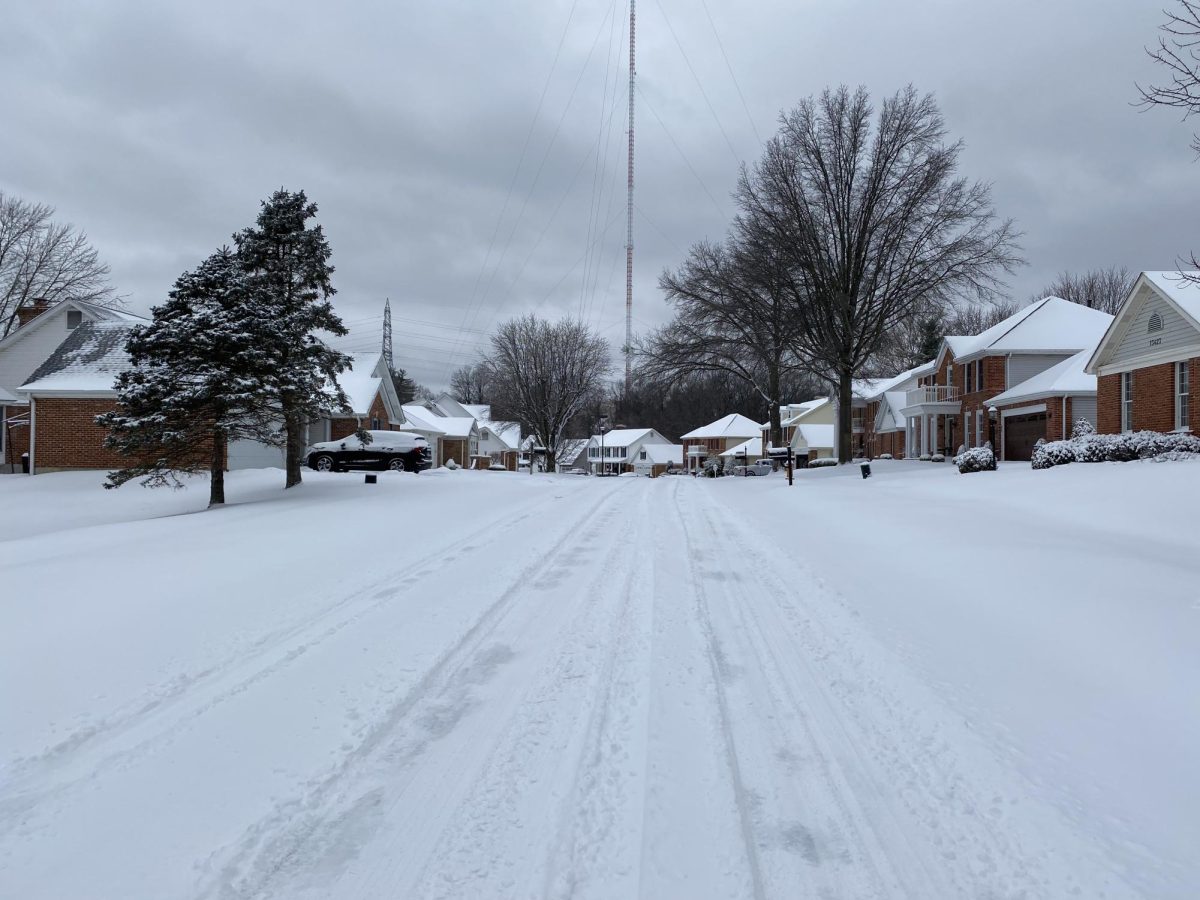While initial data show a roughly 5-percent decrease in median county home values, most taxing districts will be able to use the state Constitution’s Hancock Amendment to roll up their tax rates and recover lost tax revenue.
That includes one local entity that will be able to do so for the first time.
Median county home values decreased 5.3 percent based on preliminary 2011 reassessment data released last month. Some local taxing districts affected by the reduction include:
Lindbergh Schools, where the median value of residential property decreased 1.8 percent. The district saw a 2.4-percent drop in residential assessed valuation, a 0.5-percent drop in commercial assessed valuation and a 1.8-percent drop in overall assessed valuation.
The Mehlville School District, where the median value of residential property decreased 2.5 percent. The district saw a roughly 3-percent decrease in residential assessed valuation, a 0.6-percent decrease in commercial assessed valuation and a 2.2-percent decrease in overall assessed valuation.
The Mehlville Fire Protection District, which saw a 2.5-percent decrease in residential assessed valuation, a 0.6-percent decrease in commercial assessed valuation and a 1.8-percent decrease in overall assessed valuation.
Using the preliminary data, taxing entities will submit by this Friday, April 8, projected tax rates to the county as required by state law.
Assessed valuations are subject to change as property owners will be able to appeal their assessments to the county assessor’s office beginning May 1.
Districts will receive a second round of preliminary values, certified by the assessor, on July 1. Finalized numbers are expected in late summer once they’re certified by the Board of Equalization.
If assessed valuations remain reduced at that time, all three local taxing districts will have the option of rolling up their tax rates to collect the same amount of property-tax revenue as last year, per the Hancock Amendment.
When values increase, the law requires districts to roll back their rates to ease the burden on taxpayers. That was the case until the 2009 reassessment, when values fell for the first time in years.
This reassessment year will mark the first time that Lindbergh would be able to roll up its tax rate should assessed valuations decrease. For years the district could not regain lost revenue because its operating tax rate was $2.75 per $100 of assessed valuation — the state minimum.
Lindbergh voters in November approved a 65-cent tax-rate increase, Proposition L, that will generate an estimated $8 million annually and allow the district to roll up its rate when assessed values decline.
Chief Financial Officer Pat Lanane told the Call it’s possible the 1.8-percent drop in assessed valuation could be mostly offset by a 1.5-percent increase in the Consumer Price Index, meaning projected 2011 property-tax revenues would “seem to be right on target.”
“The only shoe left to fall is a Board of Equalization reduction due to appeals,” Lanane said. “We have no say in that whatsoever.”
Lanane noted what seemed to be a “record amount” of successful appeals in 2009, when a further drop in commercial assessed valuation post-Board of Equalization led the district to make $4.7 million in budget cuts before placing Prop L on the November ballot.
Should the district roll up its operating tax-rate, it would take five or six cents, Lanane estimated.
“On a new tax increase you get to use the assessments from last November which in effect is a roll up,” he said. “So it looks like we’ll pick up five or six cents’ worth of roll-up just to kind of get even for last year and then get to put our 65 cents on.”
He added, “In other words, when voters went to the polls in November there was a certain situation assumed in terms of assessed value, and you can use that assumption. So there really would’ve been no roll up without that. It kind of freezes in time that assessment for setting your new rate.”
The Mehlville School District will be able to roll up its “blended” tax-rate — a combination of its residential, commercial, agricultural and personal property tax rates — by an estimated eight cents, to $3.61 from $3.53 per $100 of assessed valuation, Chief Financial Officer Noel Knobloch said.
The district won’t collect exactly the same amount of local revenue as it did last year because of a one-time, roughly $700,000 recoupment that will disappear in 2011, Knobloch said.
The district’s 2009-2010 tax rates were set in August 2009 to meet a Sept. 1 deadline. However, officials had to use preliminary assessment figures to set the rates because the county assessor’s office hadn’t yet received post-Board of Equalization numbers.
State legislation that would’ve extended taxing bodies’ deadline to set their rates to Oct. 1 was vetoed by Gov. Jay Nixon that summer. However, the assessor’s office was working under the Oct. 1 deadline, and only preliminary assessments were available at the end of August. Legislators and Nixon since have approved a bill extending the deadline to Oct. 1.
Final 2009 assessed valuations, released in September 2009 after taxpayer appeals to the Board of Equalization, showed decreases in all four of Mehlville’s assessment categories, the most significant of which was a 6.6-percent drop in commercial assessed valuation.
As a result, the district was able to capture in 2010 the remaining property-tax revenue to which it was entitled in 2009.
Knobloch noted local revenue has averaged roughly $62 million for the past five years. When the district’s assessed valuation last increased in 2007, it did so by more than 16 percent, Knobloch said.
“We’re exactly almost flat to the dollar for the last five years,” he said. “And that’s what I’ve been saying for the last six months at the board meetings is that we’ve gotten no additional revenue from local sources for the last five years.”
The MFPD will have the option of rolling up its blended rate by up to half of a cent based on preliminary assessed valuations, Chief Financial Officer Brian Bond told the Board of Directors at a meeting Monday.
If the board approved the maximum roll up, the blended tax rate would increase to 67.6 cents from 67.1 cents per $100 of assessed valuation, Bond said.








